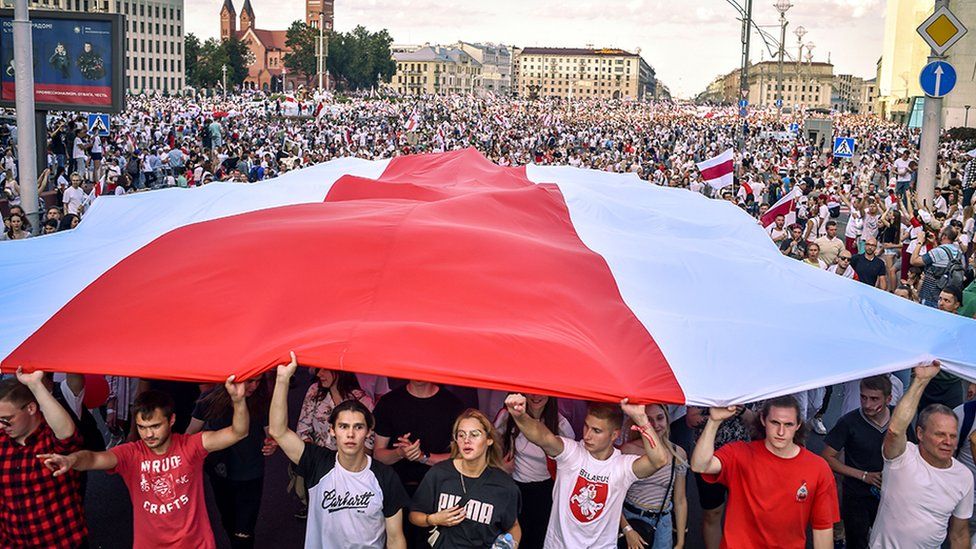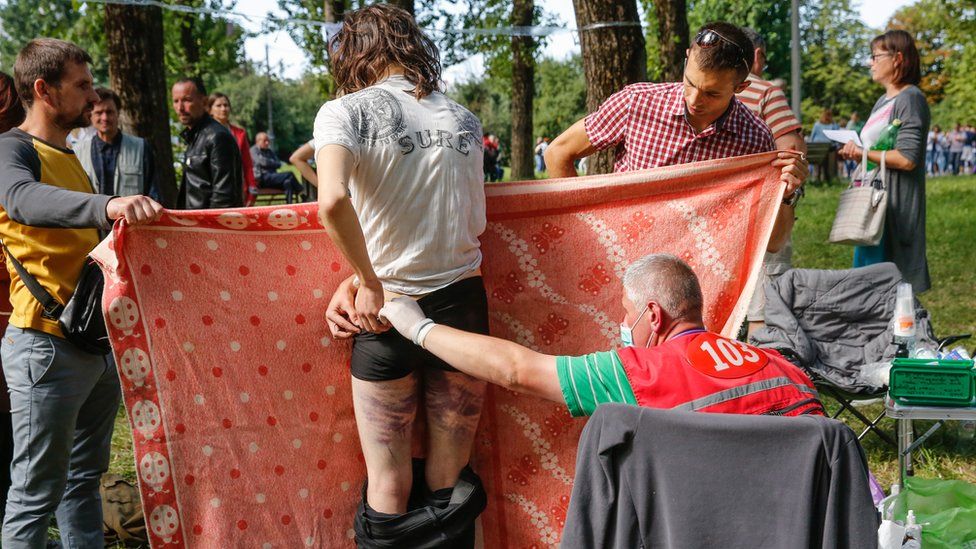Green Menstruation - Reducing climate change
Good afternoon ladies and gentlemen,
Welcome to the 4th day of our environmental challenge : Women Without Plastic - Key to reduce our carbon footprints!
Period poverty describes the struggle many low-income women and girls face while trying to afford menstrual products. Difficulty affording menstrual products can cause girls to stay home from school and work, with lasting consequences on their educations and economic opportunities.
Helena Julha is our guest for today. She will share with us about her menstrual journey!
Hello... Good evening!
Good evening, thanks.
What is your name?
My name is Helena Julha.
How old are you?
I'm 17 years old.
Which of these 2 pads do you use?
I use this disposable absorbent.
Why?
This disposable pad makes my life a lot easier. After using it, I dispose of it directly.
But with the cloth one, I cannot do the same, and I must wash and dry.
Isn't it more economical? You won't always need to spend money to buy disposable pads.
No, after wearing this cloth for a while, it starts to itch and this causes urinary tract infection (rash).
But you must change constantly (several times a day) so as not to cause you itch.
Yes but...
But isn't it more economical?
Yes this is more economical.
Have you ever used the cloth one?
I never used the cloth one. I don't remember ever using the cloth pad.
And how do you know this causes rash (itching)?
I use to hear what older women say, the ones who prefer to wear this. They say what they feel.
What do you think. Why do older women prefer to use the cloth absorbent and not the disposable one?
I do not know. Some women use washable pads even when they are not menstruating.
OK thanks.
How does menstruation affect the environment?
No, menstruation in itself is not bad for the environment. However, products used to manage menstruation can have a negative impact on the environment, depending on the product and the way it is disposed.
Menstrual products such as tampons and pads often contain plastics and chemicals that are bad for the environment. The time it takes for them to degrade in a landfill is centuries longer than the lifespan of a woman.
More environmentally friendly options include reusable menstrual cups as well as reusable and/or biodegradable pads.
But in many places, alternative methods are not available or culturally acceptable. In all circumstances, the choice of menstrual product must be acceptable to the people using them. For example, some women are not comfortable with insertable products like menstrual cups. In humid environments, reusable menstrual pads may be difficult to thoroughly dry.
Given the potential environmental consequences of disposable menstrual products, it is important to expand the range of methods available to women, allowing them to make informed choices that fit their needs.
This movement helps to end period poverty in Angola by empowering women and girls in making reusable pads. Disposable pads contains plastic, artificial fragrance and chemical gel. When disposed it takes hundreds and thousands of years to break down in the landfills!










